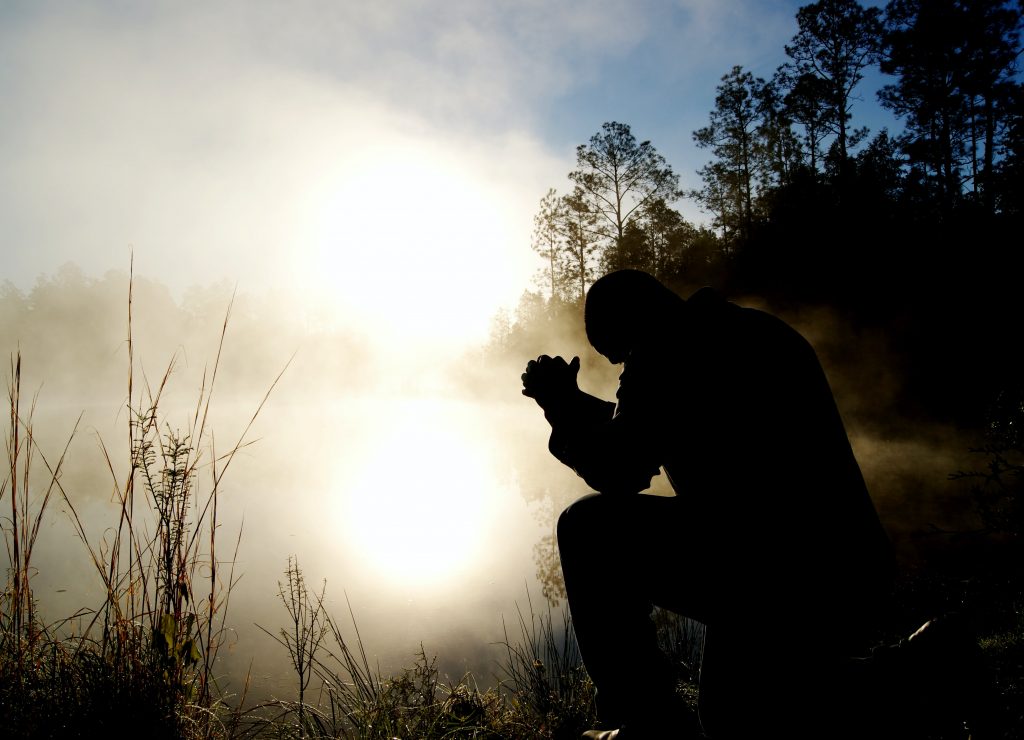Religious Liberty Before The Court
The U.S. Supreme Court is set to rule in an important case regarding religious liberty.
Watch this video to learn more.
The U.S. Supreme Court is set to rule in an important case regarding religious liberty.
Watch this video to learn more.

On Wednesday FRC Action in Washington, D.C., issued a statement endorsing the proposed Arkansas Religious Freedom Amendment.
FRC Action is the legislative affiliate of Family Research Council.
In a nutshell, the proposed amendment to the Arkansas Constitution would:
Voters will decide whether or not to add the amendment to the Arkansas Constitution on Election Day this November.
Below is a copy of FRC Action’s statement endorsing the amendment.
This November, you will have the opportunity to make the Arkansas Religious Freedom Restoration Act part of the state constitution by referendum during the 2022 elections. Vote YES on this state ballot initiative to protect religious freedom in Arkansas!
Religious Freedom Restoration Acts (or RFRAs) are nothing new. More than half of the states have them by statute or by court precedent, but we know that religious liberty is under attack as never before. RFRAs simply prohibit the government from burdening religious freedom unless the government meets a high level of legal scrutiny. RFRAs give courts a tried-and-true balancing test for weighing a person’s sincerely held religious beliefs against legitimate state interests, protecting everyone with a conscience regardless of their religion, political views, the content of their beliefs, or how they apply those beliefs.
Arkansas passed a RFRA in 2015, and—despite the ACLU’s disingenuous advocacy—the sky hasn’t fallen: Discrimination isn’t rampant in in Arkansas, because courts know how to apply this balancing test very well. The Arkansas Religious Freedom Amendment would make Arkansas’ current law permanent. By enshrining protections for religious freedom into the Arkansas Constitution, the amendment would guarantee that (no matter who takes office in Little Rock in the future) state and local laws will not infringe religious liberty, provide people with legal recourse if the government infringes their religious freedoms, and maintain balance in situations in which religious liberty conflicts with a compelling governmental interest.
This November, vote YES on this amendment to ensure that the religious freedom of Arkansans is clearly protected for decades to come!
Family Council has analyzed the Arkansas Religious Freedom Amendment and provided information about it on our website. You can find that information here.

FOR IMMEDIATE RELEASE
Tuesday, April 5, 2022
Little Rock, Ark. – On Tuesday, Family Council unveiled a three-pronged strategy for educating Arkansans about a proposed amendment that adds protections for religious liberty to the state’s constitution.
Family Council President Jerry Cox released a statement, saying, “Religious liberty is on the ballot in Arkansas this November. Last year, three-quarters of the State House of Representatives and the State Senate voted to place the Arkansas Religious Freedom Amendment on the 2022 ballot. In addition to protecting the freedom to worship at a church, synagogue, or mosque, it protects people’s right to peacefully live, speak, and act according to their sincerely-held beliefs. Over the next seven months, Family Council plans to conduct a statewide campaign to educate voters about this proposed amendment to the state constitution. Arkansans need to be able to make an informed decision when they vote this November. We intend to help them do that.”
Cox said Family Council has a three-pronged strategy for educating Arkansans about the amendment. “Our grassroots campaign will consist of three parts. First we are going to inform and activate our existing network of nearly 7,000 households and churches. Second, we plan to work with other like-minded state and national organizations to help them inform and activate people in their spheres of influence. And third, we intend to conduct an extensive earned-media campaign consisting of Arkansas TV, radio, and newspaper as well as a strong online presence. We don’t know of any groups planning to oppose the amendment. If opposition to the amendment develops, we may work with churches to raise funds for a statewide paid-media campaign as well.”
Cox highlighted some of the information that Family Council will share with voters about the proposed amendment ahead of the November election. “The Arkansas Religious Freedom Amendment amends the Arkansas Constitution. The measure is similar to a state law that Governor Hutchinson signed in 2015. It would help ensure that state and local laws won’t interfere with the free exercise of religion. It outlines some of the steps Arkansans can take if the government infringes their religious liberty. And it contains exceptions for situations where a compelling government interest is at odds with religious liberty. Those are examples of the kind of information we plan to share with voters between now and November 8.”
###